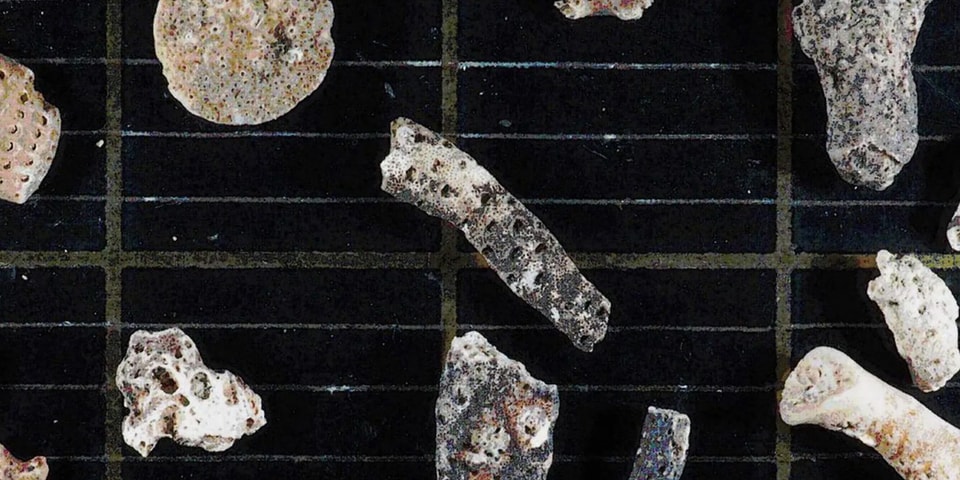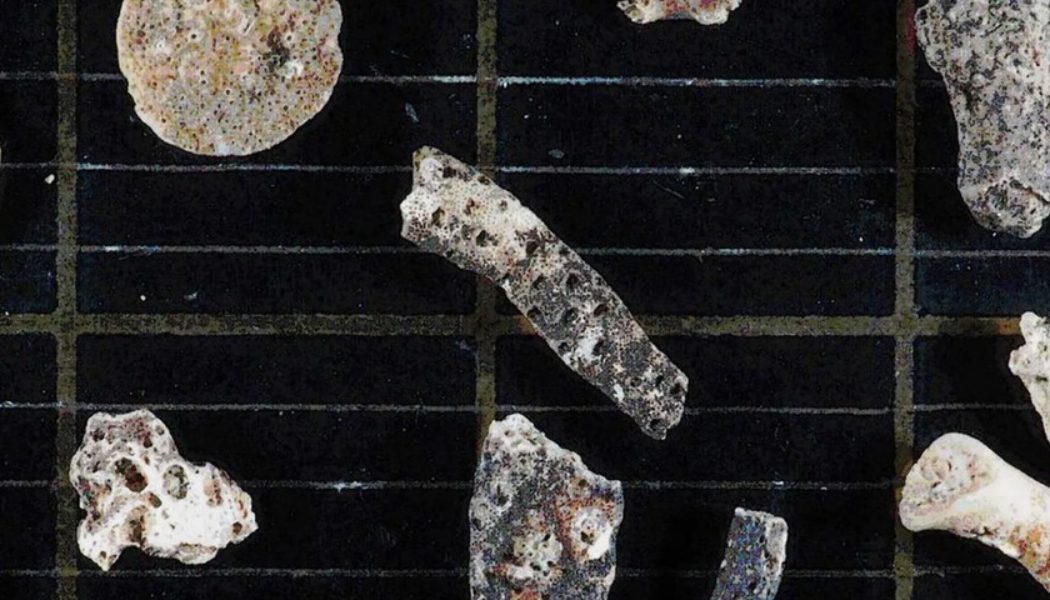
Very little has been known about life around the Antarctic. Scientists have recorded footage, but rarely have actual organisms been uncovered. A team of researchers from the Alfred Wegener Institute in Germany changed that by uncovering 77 sea-floor dwelling species under an ice shelf.
The findings were first discovered in 2018 and recently published in Current Biology. Crew members used hot water to drill two holes in the Weddell Sea’s Ekström Ice Shelf, which contained more species in a given spot in the Antarctic than previously recorded.
“This discovery of so much life living in these extreme conditions is a complete surprise and reminds us how Antarctic marine life is so unique and special,” said Dr. David Barnes, a marine biologist at the British Antarctic Survey.
The species have been linked to colony-forming invertebrates called bryozoans and serpulid worms that sit in one place and feed on organisms that float by. Researchers concluded that there must be enough algae under the ice shelf to support this ecosystem. Due to climate change, however, they also note how time is running out to study these ecosystems which will be the first to perish under the collapse of these ice shelves.
Also in the news, listen to the sounds NASA captured from Jupiter’s moon.









